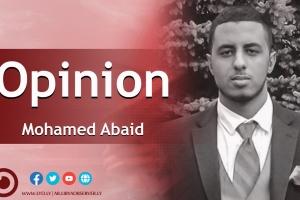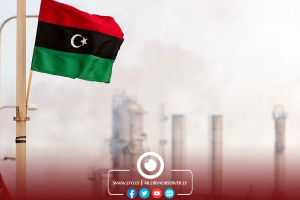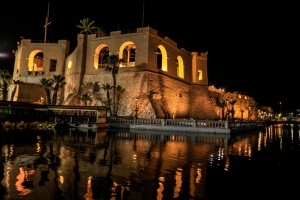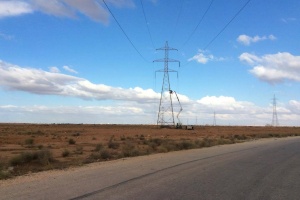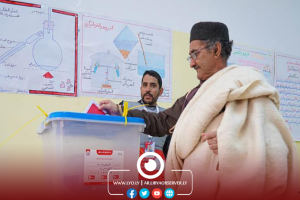By Mohamed Abaid, Independent Libyan Analyst
Navigating the Investment Climate in Libya: A Comprehensive Overview for 2023

Libya, a country endowed with abundant natural resources and significant potential for domestic and foreign investment, is grappling with a challenging investment environment. The Government of National Unity (GNU), which took office in March 2021, has expressed a keen interest in attracting more foreign investment and fostering collaborations with international companies. However, the investment landscape is marred by threats from non-state militias, foreign mercenaries, and extremist groups.
The investment process is further complicated by an opaque bureaucracy, divisions within state institutions, burdensome regulations, and pervasive corruption. The government has a history of not adhering to contractual obligations and making timely payments. The sectors that have historically attracted the most investment in Libya are oil and gas, electricity, and infrastructure.
In October 2020, a ceasefire agreement was signed between Libya's warring factions, leading to the formation of the country's first unified national government since 2014. As of February 2023, a new initiative is underway to establish a legal basis for elections, with the aim of holding them by the end of the year.
Libya boasts Africa's largest and the world's ninth-largest proven oil reserves, and Africa's fifth-largest gas reserves. These hydrocarbon exports account for approximately 97% of the government's revenue. Despite past disruptions, Libya's oil production has been recovering gradually and reached 1.2 million barrels per day in March 2023.
The National Oil Corporation (NOC), an independent institution, is laying the groundwork for the long-term development and stabilization of the energy sector. However, the Ministry of Oil and Gas's attempts to exert political control over the NOC have occasionally led to complications.
The Investment Law of 2010, enacted before the 2011 revolution, serves as the main legal framework promoting foreign investment in Libya. It lifted many foreign direct investment (FDI) restrictions and offered various incentives to stimulate private investment. However, no significant investment-related laws have been enacted since then.
Corruption is a significant issue in Libya, deeply rooted and prevalent at all levels of public administration. This lack of transparency and accountability provides government officials with opportunities for rent-seeking and corrupt activities.
The Privatization and Investment Board (PIB) and the NOC are the main channels through which the Libyan government is trying to attract FDI. The PIB oversees the Libyan privatization program and regulates FDI activities. However, the process for screening incoming FDI to Libya is unclear, and the criteria for investment bidding are not transparent.
Ownership of real estate in Libya is limited to Libyan nationals and wholly owned Libyan companies. Foreign investors are permitted to lease property from public holdings and private Libyan citizens, but the process is ambiguous and often left to local officials.
Business registration procedures in Libya are complex and time-consuming. The Ministry of Economy and Trade is the main institution for processing business registration requests, but there is no online portal for new business registration or online registration.
In conclusion, while Libya has significant investment potential, particularly in the oil and gas, electricity, and infrastructure sectors, it also faces substantial challenges. These include security threats, bureaucratic complexities, and corruption. As Libya continues its journey towards political stability and economic recovery, addressing these issues will be crucial to attracting and retaining foreign investment.
(Source: 2023 Investment Climate Statements: Libya)
Disclaimer: The views and opinions expressed in this article are those of the writer, and do not necessarily reflect those of the Libya Observer


